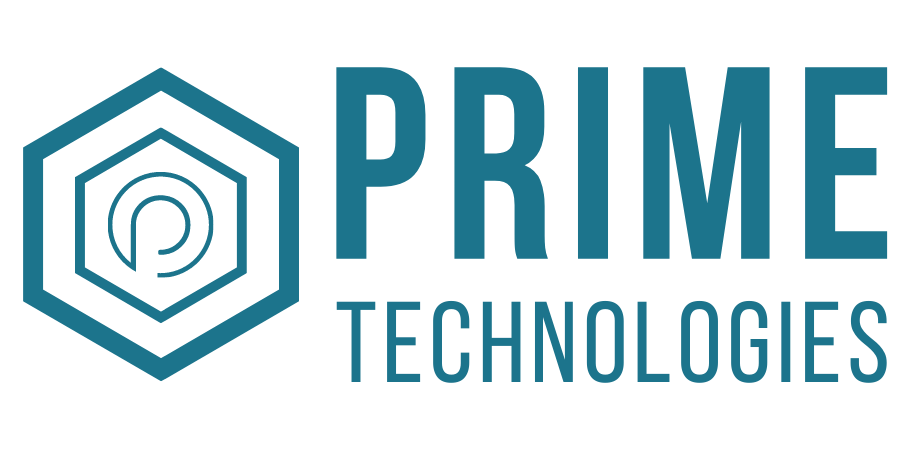JNCIA-Cloud certification
The Cloud track enables you to demonstrate competence with cloud networking architectures such as multiclouds, software-defined networking, SD-WAN, and other cloud technologies. JNCIA-Cloud, the associate-level certification in this track, is designed for networking professionals with introductory-level knowledge of Juniper Networks cloud-based networking architectures, theory, and best practices. The written exam verifies your understanding of cloud-based networking principles and technologies.
Exam Preparation
We recommend the following resources to help you prepare for your exam. However, these resources aren’t required, and using them doesn’t guarantee you’ll pass the exam.
Exam Objectives
Here’s a high-level view of the skillset required to successfully complete the JNCIA-Cloud certification exam.
Cloud Fundamentals
Identify the concepts or functionality of various fundamental elements of cloud networking:
- Deployment models (public, private, hybrid cloud)
- Service models: Software as a Service (SaaS), Infrastructure as a Service (IaaS), Platform as a Service(PaaS)
- Cloud native architectures
- Cloud automation tools
Cloud Infrastructure: Network Functions Virtualization (NFV) and SDN
Identify the concepts, benefits, or functionality of network function virtualization:
- NFV architecture
- NFV orchestration
- Virtualized network functions (VNFs)
Identify the concepts, benefits, or functionality of SDN:
- SDN architecture
- SDN controller
- SDN solutions
Network Virtualization
Identify concepts, operation, or functionality of network virtualization:
- Virtual network types
- Underlay and overlay networks
- Encapsulation and tunneling (MPLSoGRE, MPLSoUDP, VXLAN, EVPN with VXLAN)
Cloud Virtualization
Identify the concepts, operation, or functionality of Linux virtualization:
- Linux architecture
- Hypervisor type (type 1 and 2)
- Hypervisor operations and concepts
- Kernal-based virtual machine (KVM), Quick Emulator (QEMU) concepts and operations
- Creation of virtual machines
- PyEZ exception handling
- Device status and configuration handling
Identify the concepts, operation, or functionality of Linux containers:
- Container versus virtual machine
- Container components
- Creation of containers using Docker
Cloud Orchestration with OpenStack
Identify the concepts, operation, or functionality of OpenStack:
- Creation and management of virtual machines in OpenStack
- Automation using HEAT templates in Yet Another Markup Language (YAML)
- OpenStack UIs usage
- OpenStack networking plugins
- OpenStack Security Groups
Cloud Orchestration with Kubernetes
Identify the concepts, operation, or functionality of Kubernetes:
- Creation and management of containers in Kubernetes
- Kubernetes API Objects (Pods, ReplicaSets, Deployments, Services)
- Kubernetes namespaces and Container Network Interface (CNI) plugins
Contrail® Networking™
Identify concepts, operation, or functionality of Contrail Networking:
- Architecture
- Orchestration integration
- Multitenancy
- Service chaining
- Automation or security
- Configuration
Exam Details
Exam questions are derived from the recommended training and the exam resources listed above. Pass/fail status is available immediately after taking the exam. The exam is only provided in English.
Exam Code
- JN0-212
Prerequisite Certification
- None
Delivered by
- Pearson VUE
Exam Length
- 90 minutes
Exam Type
- 65 multiple-choice questions
Software Versions
- Contrail 22.1
- OpenStack Wallaby
- Kubernetes 1.21
